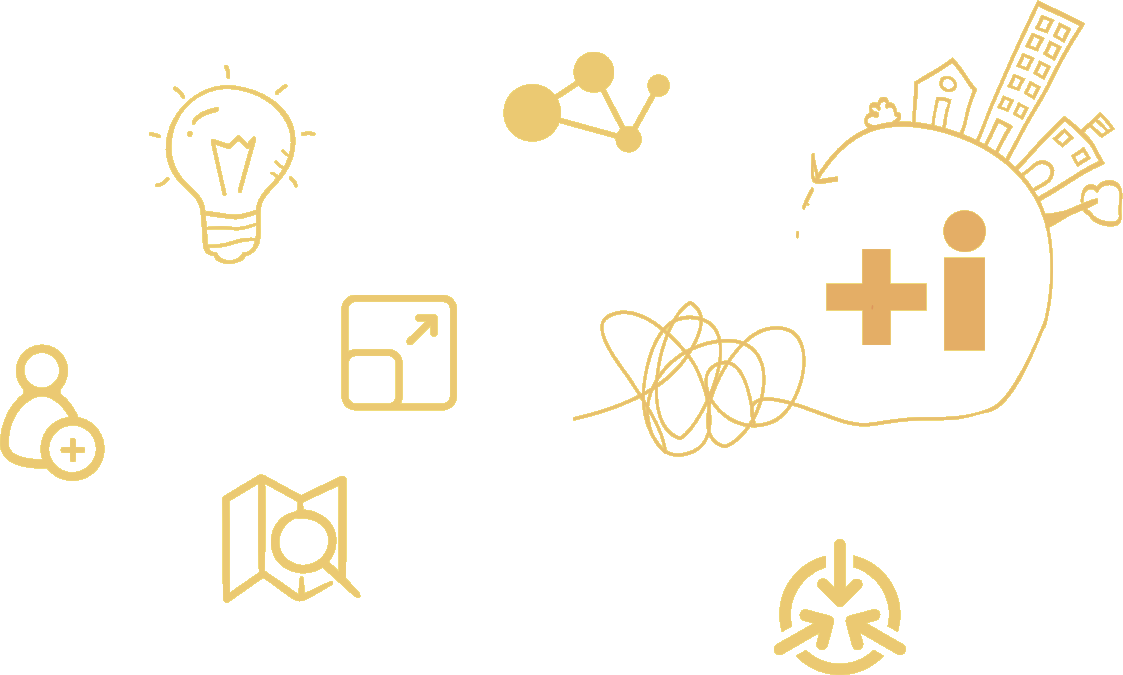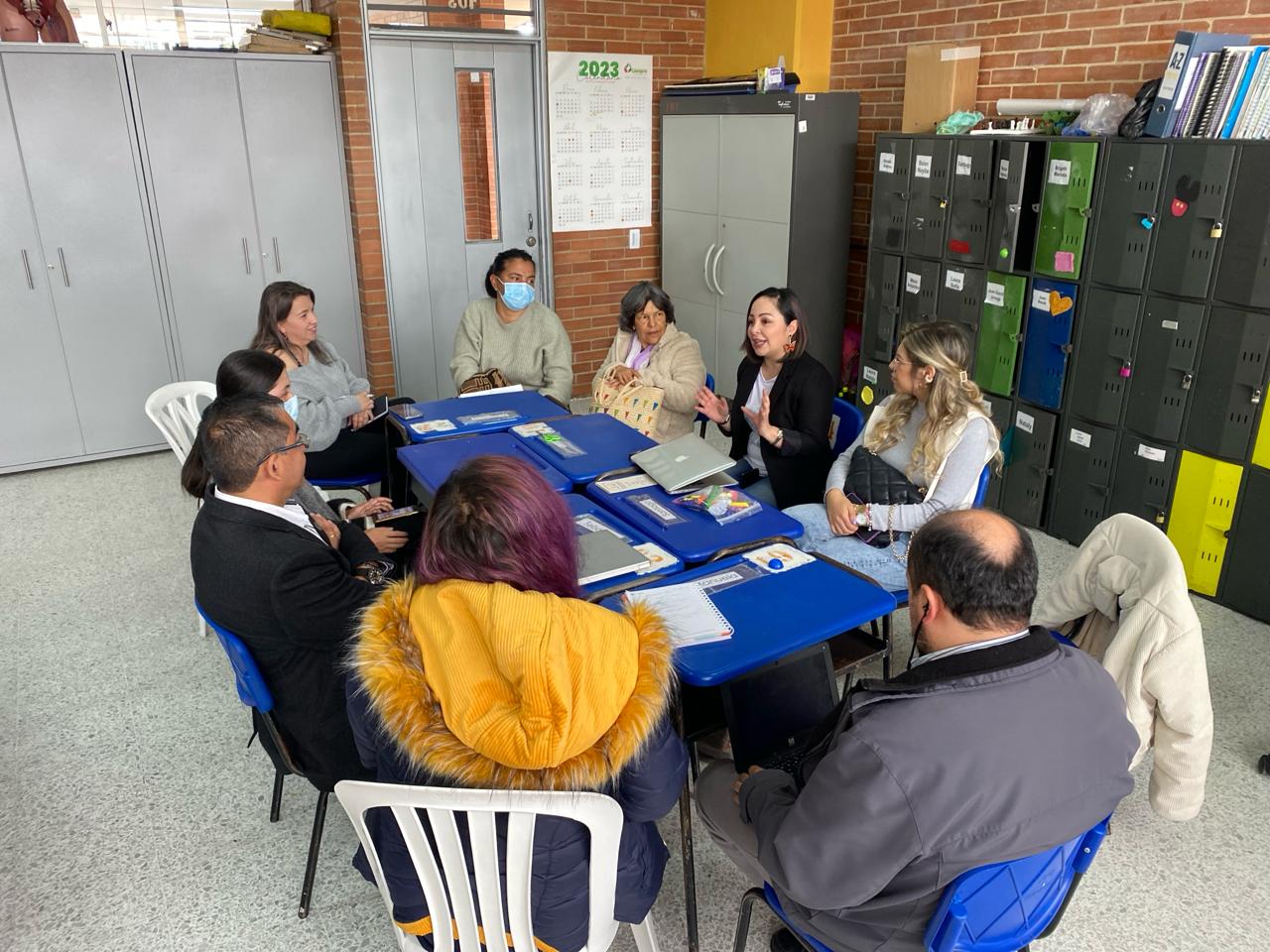Challenge Yourself! Action Classrooms

Municipality
Category / Sub-Category / Topic
Economic development, Tourism
Type of investment needed
Grant
The challenge
The project
Know more...
Investment
(*): In kind/pro bonus
(**): Financing
Funds
Needed
Covered
Solicited
Investment
(*): In kind/pro bonus
(**): Financing
5 Computers (*) (**)
u$s 3000.00
u$s 2423.00
u$s 577.00
1 Printer, 1 projector and 1 sound system (*) (**)
u$s 700.00
u$s 200.00
u$s 500.00
Printouts of learning support materials and tools (**)
u$s 500.00
u$s 0.00
u$s 500.00
Pedagogical material for the design phase; for the expectation phase; for 60 days of program development; and for follow-up and evaluation. (**)
u$s 17646.00
u$s 0.00
u$s 17646.00
Per diem for visits and interventions to the 3 educational institutions. (*) (**)
u$s 2823.00
u$s 0.00
u$s 2823.00
Administrative costs for the design and expectation stage (**)
u$s 1452.00
u$s 0.00
u$s 1452.00
Per diem for 5 facilitators for 4 interventions in 3 educational institutions for 5 months; and per diem for 3 facilitators for 2 visits to educational institutions for 6 months. (*) (**)
u$s 25109.00
u$s 0.00
u$s 25109.00
Snack for 40 participants per institution (*) (**)
u$s 8800.00
u$s 0.00
u$s 8800.00
5 qualified professionals for design. (**)
u$s 3100.00
u$s 3100.00
u$s 0.00
2 learning facilitators and 1 general logistical support, 5 facilitators for 4 monthly interventions for 5 months; and 3 facilitators for 2 monthly interventions for 6 months. (**)
u$s 21326.00
u$s 0.00
u$s 21326.00
Funds
Needed
Covered
Solicited
5 Computadores (*) (**)
u$s 3000.00
u$s 2423.00
u$s 577.00
1 Impresora, 1 proyector y 1 sistema de sonido (*) (**)
u$s 700.00
u$s 200.00
u$s 500.00
Impresiones de material e instrumentos de apoyo al aprendizaje (**)
u$s 500.00
u$s 0.00
u$s 500.00
Material pedagógico para el momento de diseño; de expectativa; para 60 días del desarrollo del programa; y para el seguimiento y valoración (**)
u$s 17646.00
u$s 0.00
u$s 17646.00
Funds
Needed
Covered
Solicited
Viáticos de visitas e intervenciones a las 3 instituciones educativas (*) (**)
u$s 2823.00
u$s 0.00
u$s 2823.00
Gastos administrativos para el momento de diseño y de expectativa (**)
u$s 1452.00
u$s 0.00
u$s 1452.00
Viáticos de 5 facilitadores para 4 intervenciones en 3 instituciones educativas durante 5 meses; y viáticos de 3 facilitadores por 2 visitas a instituciones educativas por 6 meses (*) (**)
u$s 25109.00
u$s 0.00
u$s 25109.00
Snack para 40 participantes por instituciones (*) (**)
u$s 8800.00
u$s 0.00
u$s 8800.00
Funds
Needed
Covered
Solicited
5 profesionales cualificados para el diseño (**)
u$s 3100.00
u$s 3100.00
u$s 0.00
2 facilitadores de aprendizaje y 1 apoyo logístico general, 5 facilitadores para 4 intervenciones mensuales durante 5 meses; y 3 facilitadores para 2 intervenciones mensuales por 6 meses (**)
u$s 21326.00
u$s 0.00
u$s 21326.00

-65fb609795cb45.20878771.jpeg)
-65fb60a22b2147.46179116.jpeg)
-65fb60a8a36e85.32595093.jpeg)
